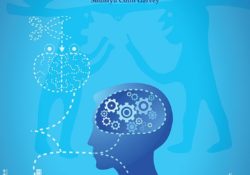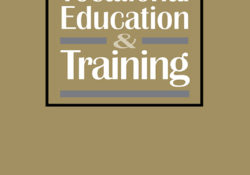tandfonline.com har udgivet en rapport under søgningen “Teacher Education Mathematics”: ABSTRACT ABSTRACT Artificial intelligence research is seldom conducted ethnographically. Nevertheless, the field itself has a distinctive culture – an engineering imaginary within which ‘general intelligence’ is considered to be a phenomenon that can be both defined and tested by reference to some universal (probably mathematical) standard. This paper describes a research agenda that sets out to question those assumptions, through a programme of ethnographic field work, collaborating with computer scientists and educators in several countries of sub-Saharan Africa. Link til kilde
Like this:
Like Loading...
tandfonline.com har udgivet en rapport under søgningen “Teacher Education Mathematics”: ABSTRACT ABSTRACT In this study, we focus on the role of Dutch Level 2 senior vocational training in care work in relation to the prospects and options it provides for students who follow this programme. Similar to the ‘care girls’ from previous studies our participants are young women from lower-class backgrounds who aspire to various jobs in the care sector, but are steered away from their original aspirations by their vocational training programme. The major difference between this research and previous studies is that we examine the Dutch institutional and broader structural context of care work. In the Netherlands, there is a lack of job opportunities for Level 2 graduates. This enables us to study the impact of limited job… Continue Reading →
Like this:
Like Loading...
tandfonline.com har udgivet en rapport under søgningen “Teacher Education Mathematics”: ABSTRACT ABSTRACT Writing fieldnotes is an important part of ethnographic research. However, there is a striking lack of discussions about how different ways of producing fieldnotes may influence ethnographic research and meaning-making. The use of shorthand notation is sometimes mentioned as a tool to increase the speed and efficiency of note-taking, but I have not been able to find any discussions about when and how shorthand may be useful and appropriate for ethnographic fieldwork. This paper addresses this gap by discussing possible effects of using shorthand notation in ethnographic fieldwork on confidentiality, rapport, and power relations; researchers’ well-being and career opportunities; the amount of data produced; reflexive meaning-making; and linguistic meaning-making. Drawing on fieldnotes from an ethnographic study in which… Continue Reading →
Like this:
Like Loading...


